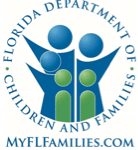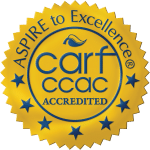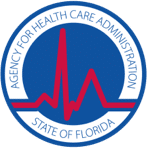Dual Diagnosis
What Is A Dual Diagnosis?
A dual diagnosis is when an individual has a substance use disorder as well as a mental health disorder (e.g., anxiety, depression, bipolar disorder). Dual diagnosis can take various forms depending on the addiction and mental health disorder. Substance abuse can mask many symptoms, so it can be challenging to diagnose the underlying mental health disorder(s) until the drug or alcohol addiction is treated.
Individuals with dual diagnoses may have trouble maintaining relationships, may withdraw socially and isolate, and may have a hard time expressing their emotions, which can intensify their mental illness or addiction symptoms. When someone is actively in their addiction, they may be less likely to receive adequate medical care, are more likely to experience severe medical complications and early death, and are at an increased risk of impulsive or potentially violent acts.



Signs and Symptoms of A Dual Diagnosis
- Keeping distance from friends and family
- Struggling to maintain normal daily activities and routines
- Engaging in risky or illegal behaviors
- Increasing tolerance for alcohol or drugs
- Irregular sleeping schedules

Dual Diagnosis Treatment at Lifeskills
At Lifeskills, we are dually licensed to treat dual diagnoses, or the often-co-occurring substance use disorder and other mental health disorders. Additionally, we have a dedicated Substance Use Disorder Pathway that includes the integration of the 12-Step philosophy with cognitive behavioral therapy (CBT) and chemical dependency dialectical behavior therapy (DBT). Within this pathway, the DBT modules consist of mindfulness, distress tolerance, emotional regulation, and interpersonal effectiveness. The goals of the Substance Use Disorder Pathway include learning new skills, staying focused in the present moment, increasing interpersonal effectiveness, emotional regulation, and living an engaging life in recovery.
Interested in learning more
Call us at 954-953-1742 or fill out our contact form.






